Bolivia’s Presidential Race Thrown into Turmoil as Arce Withdraws, Court Bars Morales
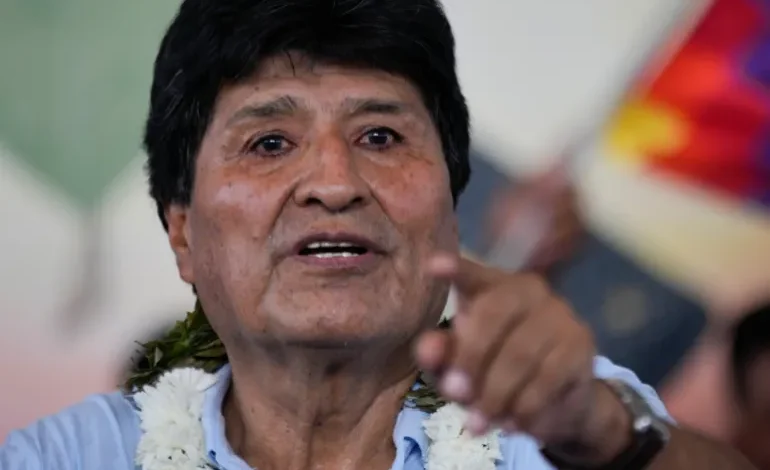
Bolivia’s upcoming presidential election has been rocked by two major developments, deepening uncertainty in an already volatile race ahead of the August 17 vote, as per Al Jazeera.
In a surprise announcement on Wednesday, President Luis Arce declared he would not seek re-election, a move he framed as a sacrifice to preserve unity on the left and prevent the rise of right-wing forces.
“I do so with the clearest conviction that I will not be a factor in dividing the popular vote,” Arce said. “Much less facilitate the making of a fascist right-wing project that seeks to destroy the plurinational state.”
Just hours later, Bolivia’s Constitutional Court ruled that former President Evo Morales, Arce’s political mentor turned rival, is ineligible to run, upholding the country’s two-term presidential limit.
The dual announcements have left Bolivia’s influential Movement for Socialism (MAS) party, long a dominant political force, without a clear candidate—and the race wide open.
Elected in 2020 after a period of intense political crisis, Arce’s presidency was marked by economic instability and internal party strife. Inflation has surged to decade-high levels, the national currency has weakened significantly, and Bolivia’s once-strong natural gas exports have faltered, forcing the country to rely on energy imports.
Arce also faced growing discontent from the public and opposition from both the right and left, culminating in an attempted coup by his own military chief, Gen. Juan Jose Zuniga, in June 2024.
Despite these challenges, Arce insisted his decision was aimed at uniting progressive forces.
“Only the united struggle of the people ensures the best future for Bolivia,” he wrote on social media. “Our vote will be united against the threat of the right and fascism.”
Morales, Bolivia’s first Indigenous president, has remained a powerful and polarizing figure since fleeing the country in 2019 following disputed election results and allegations of fraud.
Despite being constitutionally limited to two terms, Morales had previously run for a fourth term in 2019 after a controversial court ruling. That precedent was overturned in 2023, and Wednesday’s decision reaffirmed the limit, formally blocking his candidacy in the upcoming election.
In response, Morales lashed out at the court, calling the ruling “a political and partisan” decision driven by the United States.
“Only the people can ask me to decline my candidacy,” he wrote defiantly on social media. “We will obey the mandate of the people to save Bolivia, once again.”
Morales, who announced his bid for re-election earlier this year, has been holed up with supporters in the rural Cochabamba region amid legal troubles, including statutory rape allegations from 2023. He denies the charges and has sought to avoid arrest.
With both Arce and Morales out of the race, Bolivia’s presidential field is wide open for the first time in nearly two decades. The MAS party, deeply divided between Arce and Morales factions, now faces the challenge of uniting behind a new candidate.
Meanwhile, right-wing and centrist parties may see an opportunity to capitalize on the MAS’s internal rift and the country’s economic woes.
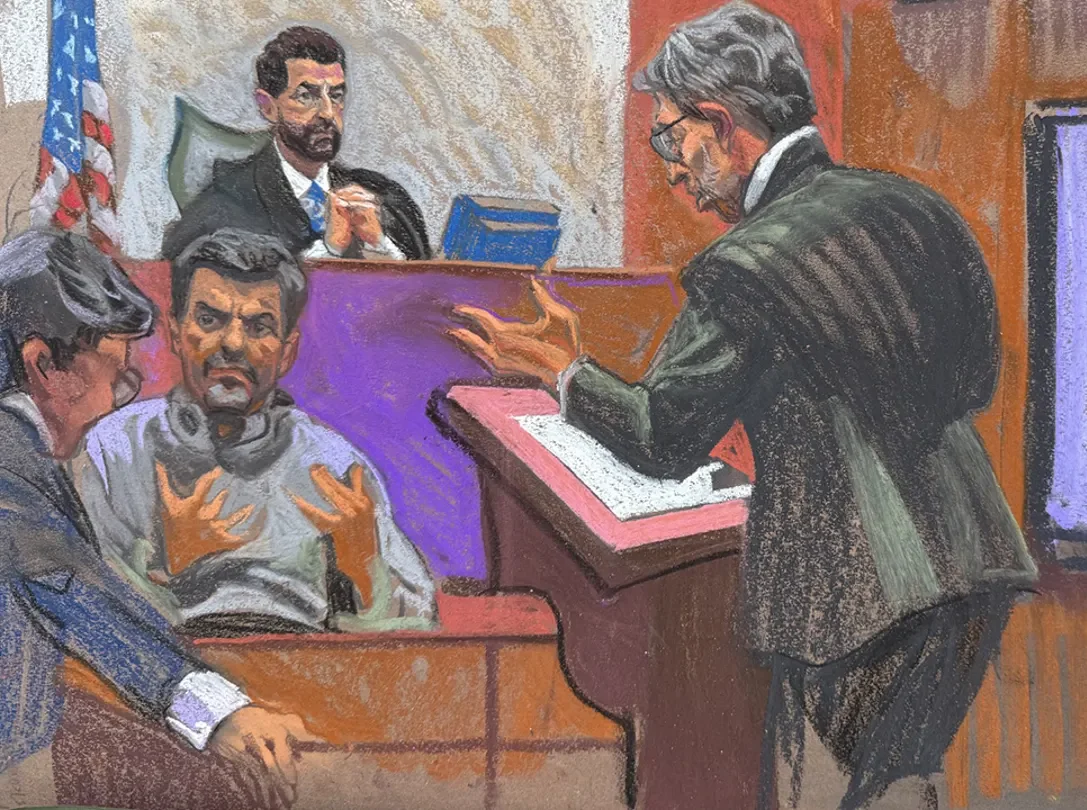
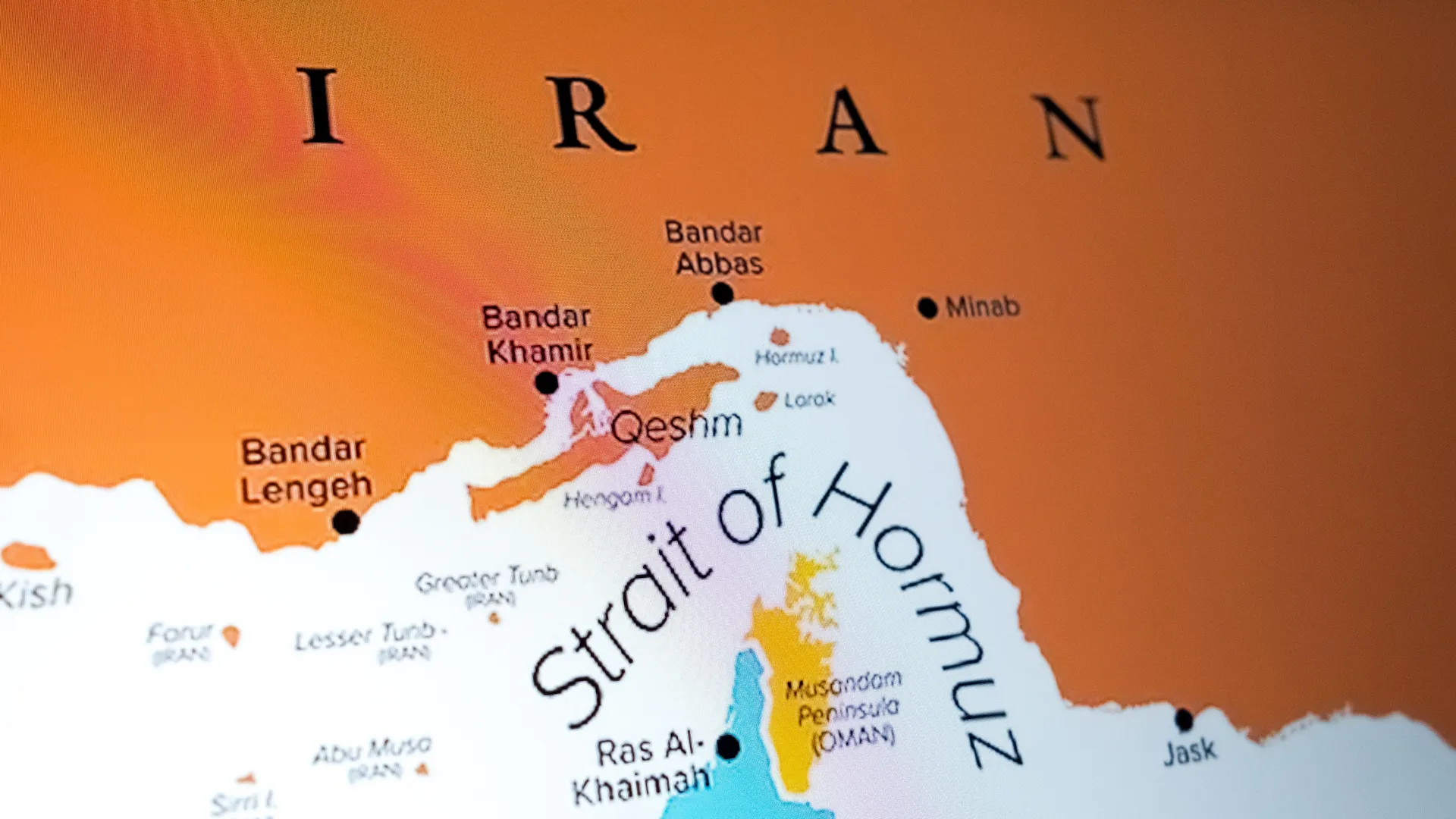
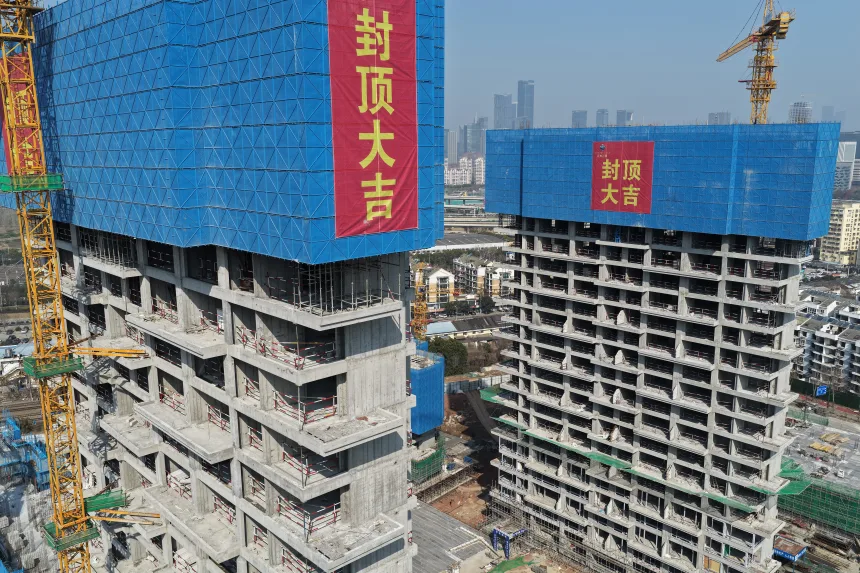
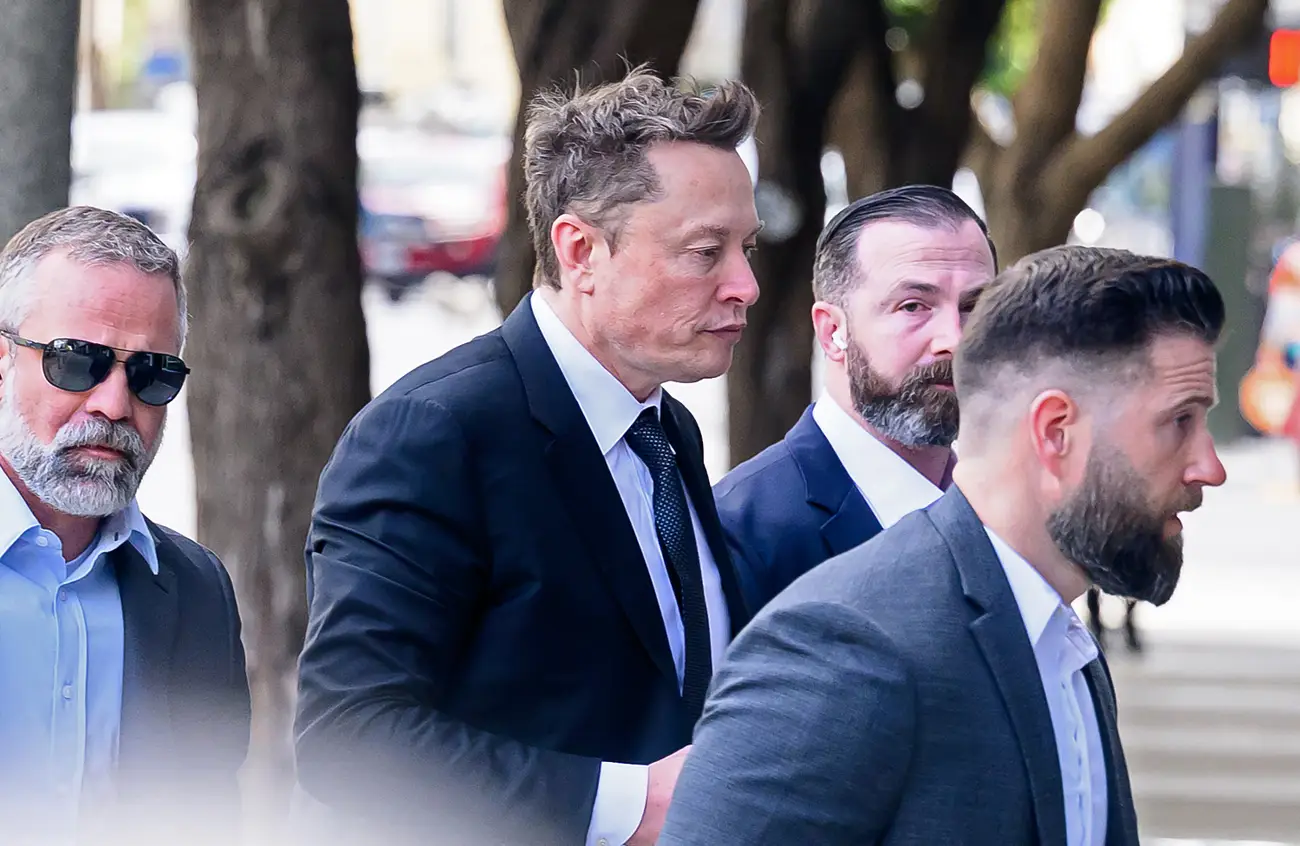
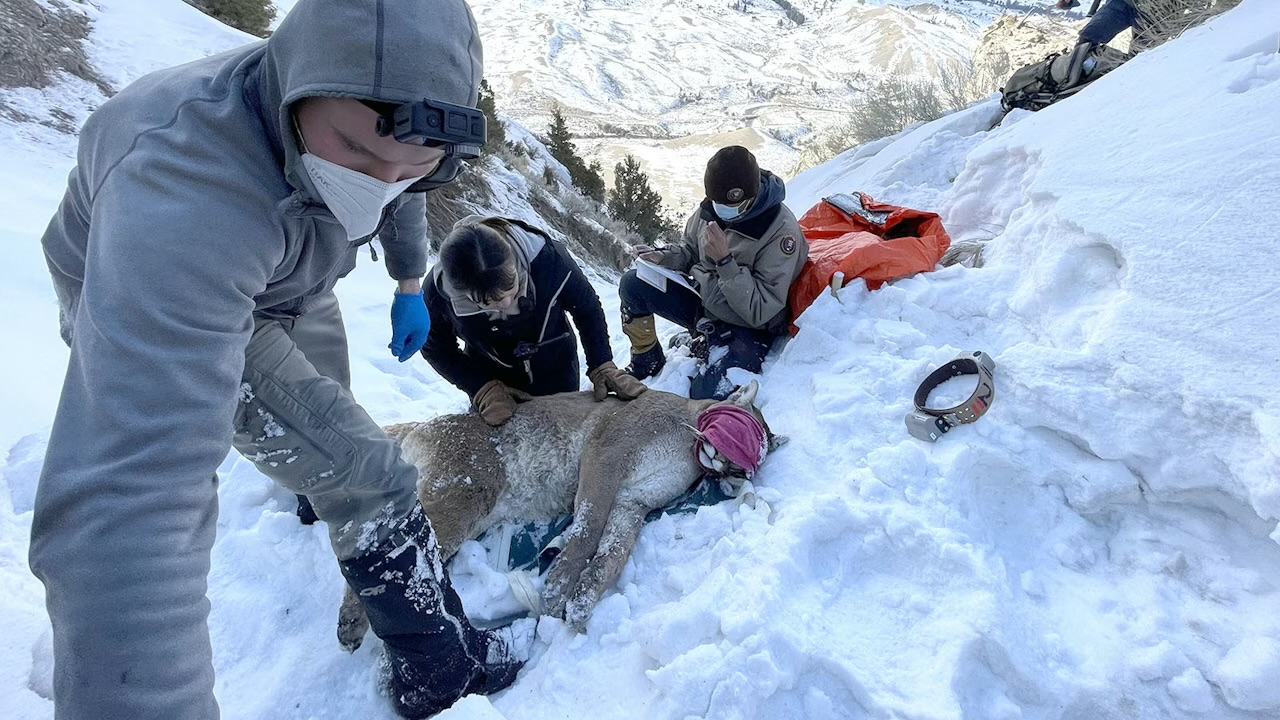




The latest news in your social feeds
Subscribe to our social media platforms to stay tuned